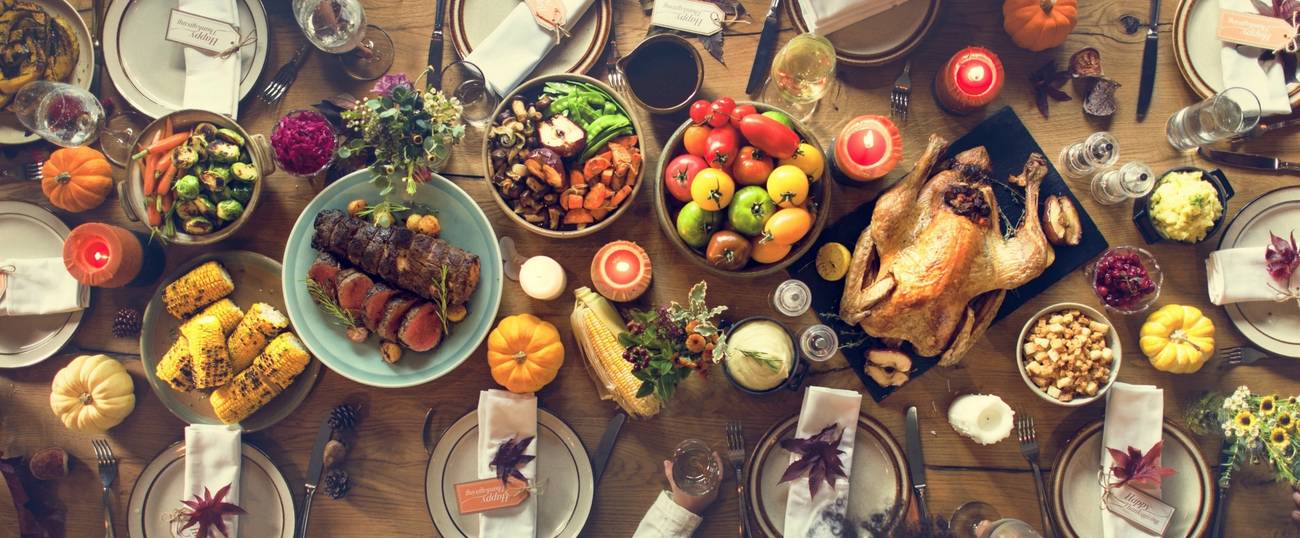As Thanksgiving Approaches, Advice on Gluttony From Maimonides
The great rabbi and doctor advised laxatives before the meal, exercise after, and no chickpeas




As we prepare to sit down for a Thanksgiving fressing this Thursday, I’d like to share some words of advice on how to eat. They’re not mine; they were conceived by Moses Ben Maimon, or Maimonides, who was renowned both as a rabbi and a doctor, and his mother could not possibly have been prouder. In the Mishneh Torah, his magisterial codification of Jewish law, Maimonides shares his gustatory advice, which we should all take to heart as we take that first bite of turkey.
Maimonides first reminds us that the order of what we eat is extremely important: “Laxative foods” like figs, pears and melons should be eaten before the meal. Save the “constipating foods” like pomegranates, quinces, and apples for after the meal, and whatever you do don’t eat them “in quantity.”
His advice for meat is particularly applicable to Thanksgiving. If you’re going to have meat and poultry for the same meal, start with the poultry—so turkey first, then the brisket.
The thing to remember is that Maimonides was not exactly lighthearted as a rabbi or a doctor. So he’s pretty strict about portion size:
Overeating is like poison to anyone’s body. It is the main source of all illness. Most illnesses which afflict a man are caused by harmful foods or by his filling his belly and overeating, even of healthful foods.
Maimonides is so thorough that he even has advice about leftovers: Don’t eat anything that “produces an odor,” and no cheese and milk that’s been sitting for more than twenty-four hours.
FYI, some foods are harmful, to be eaten sparingly if at all: Leeks, onions, garlic, mustard, radishes, and (sorry Sefardim) chickpeas.
Do we think you’re going to listen to this advice? No. American holidays are all about excess, and Thanksgiving is arguably the most excessive. We might heed his advice after the holiday: “Every morning,” says the great man, “engage in a sweat-producing task.”
Gordon Haber is the author, most recently, of Uggs For Gaza (and other stories).